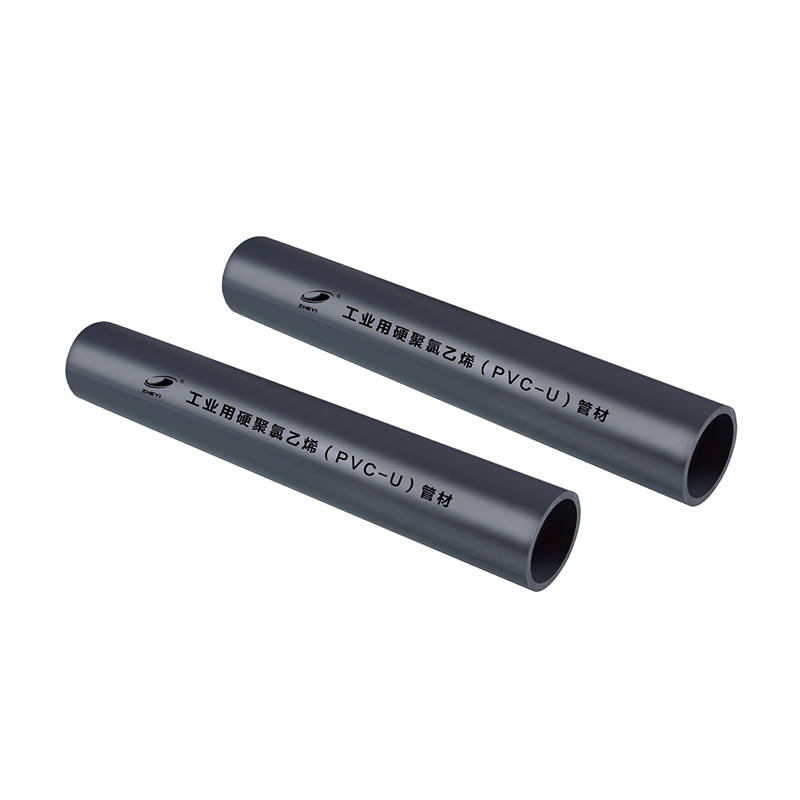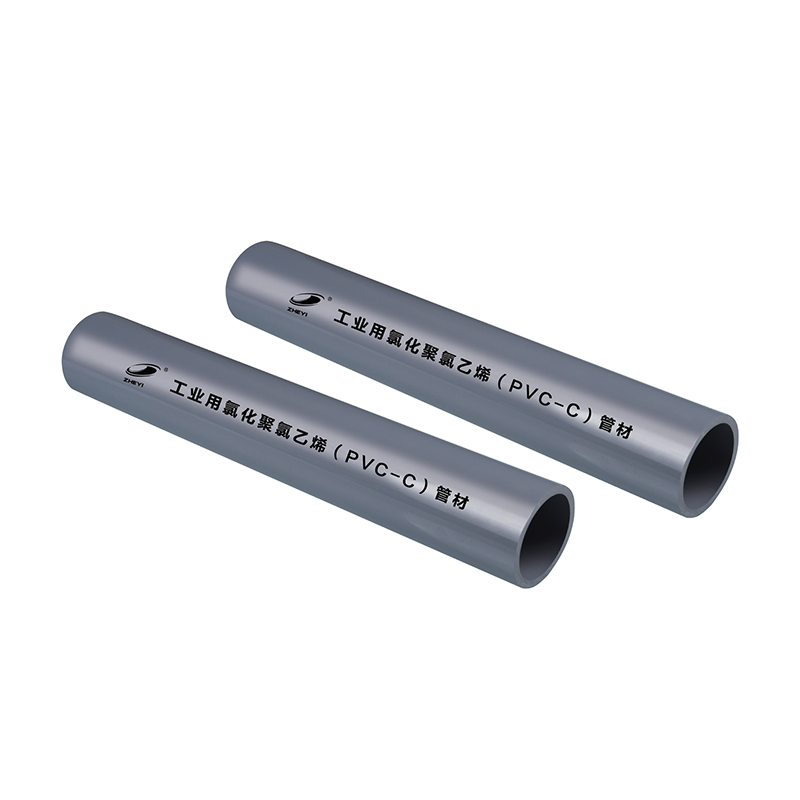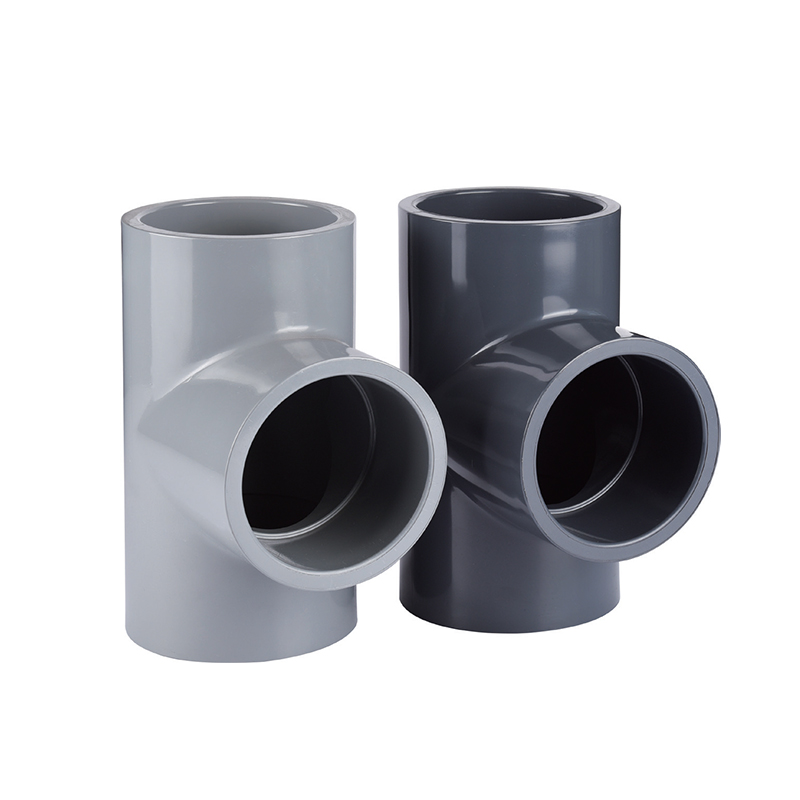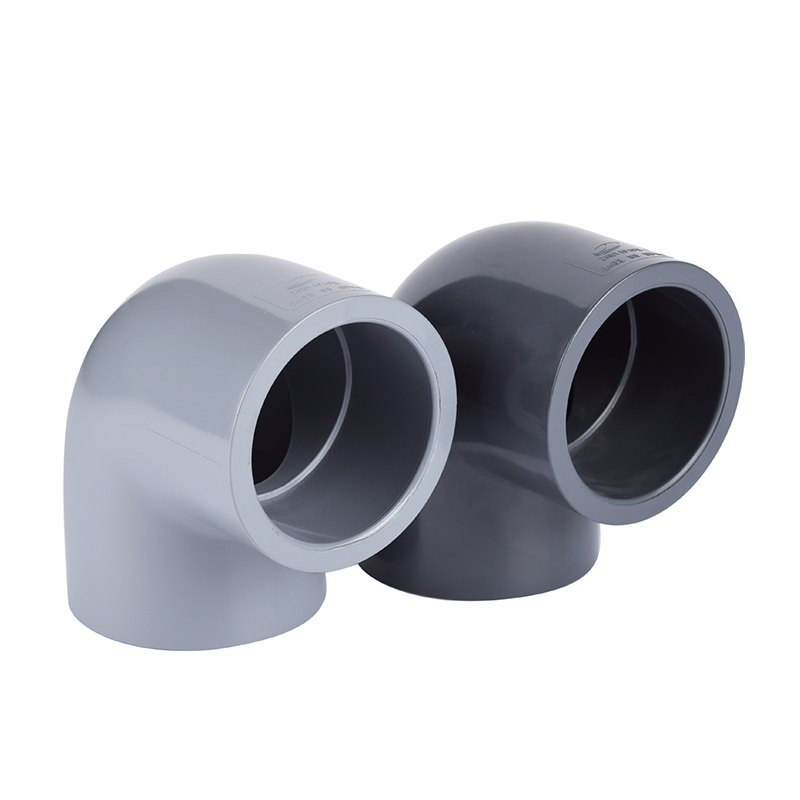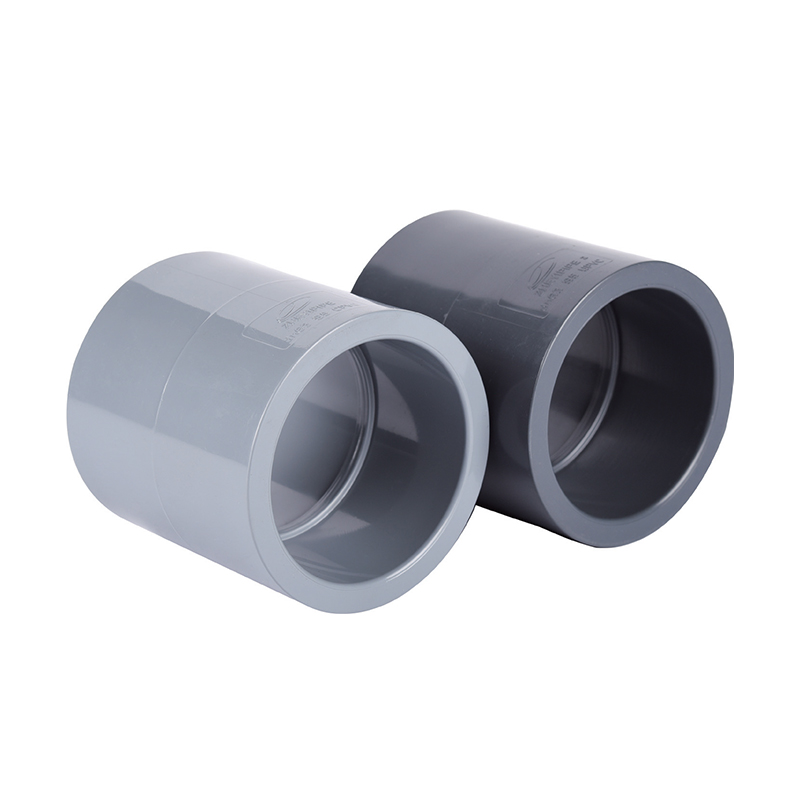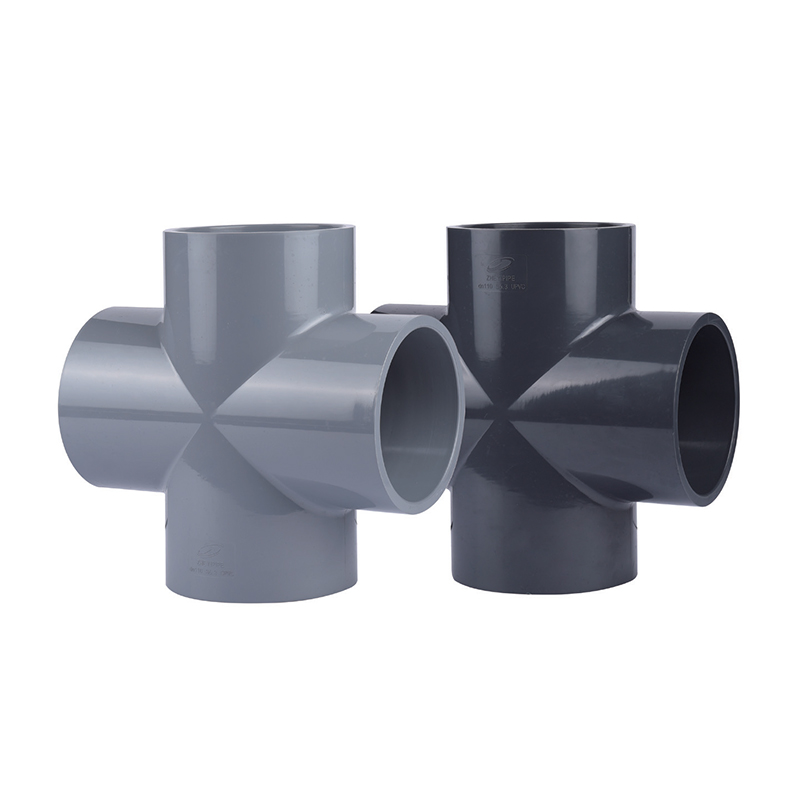In the world of plumbing and industrial piping, choosing the right material is crucial for longevity, efficiency, and cost-effectiveness. Among the top contenders are UPVC (Unplasticized Polyvinyl Chloride) pipes, CPVC (Chlorinated Polyvinyl Chloride) pipes, and UPVC/CPVC valves.
UPVC pipes are rigid plastic pipes made from unplasticized PVC, meaning they contain no added plasticizers, making them highly durable and resistant to chemical corrosion. These pipes are widely used in:
Water supply systems (both potable and industrial)
Drainage and sewage systems
Underground piping due to their high strength
Irrigation systems
Advantages of UPVC Pipes
Corrosion Resistance – Unlike metal pipes, UPVC does not rust or corrode.
Lightweight & Easy to Install – Reduces labor and transportation costs.
Long Lifespan – Can last 50+ years with minimal maintenance.
Cost-Effective – More affordable than metal alternatives.
Smooth Interior Surface – Prevents scaling and ensures efficient water flow.
CPVC Pipe: The Heat-Resistant Alternative
While UPVC is excellent for cold water applications, CPVC pipes are modified to withstand higher temperatures (up to 200°F/93°C), making them ideal for:
Hot water distribution
Industrial liquid transport
Fire sprinkler systems
Key Differences Between UPVC and CPVC Pipes
| Feature |
UPVC Pipe |
CPVC Pipe |
| Temperature Resistance |
Up to 140°F (60°C) |
Up to 200°F (93°C) |
| Chemical Composition |
No plasticizers (rigid structure) |
Chlorinated for enhanced heat resistance |
| Primary Use |
Cold water, drainage, irrigation |
Hot water, industrial fluids, fire sprinklers |
| Cost |
Generally lower cost |
Slightly higher due to chlorination process |
| Pressure Rating |
Moderate (varies by schedule) |
Higher (suitable for pressurized hot water) |
To complement UPVC and CPVC piping systems, UPVC/CPVC valves are used for regulating fluid flow. These valves are:
Chemical-resistant – Suitable for aggressive fluids.
Lightweight & Durable – Matching the pipe material properties.
Available in various types – Ball valves, check valves, gate valves, etc.
Applications of UPVC/CPVC Valves
Water treatment plants
Chemical processing industries
Residential and commercial plumbing systems
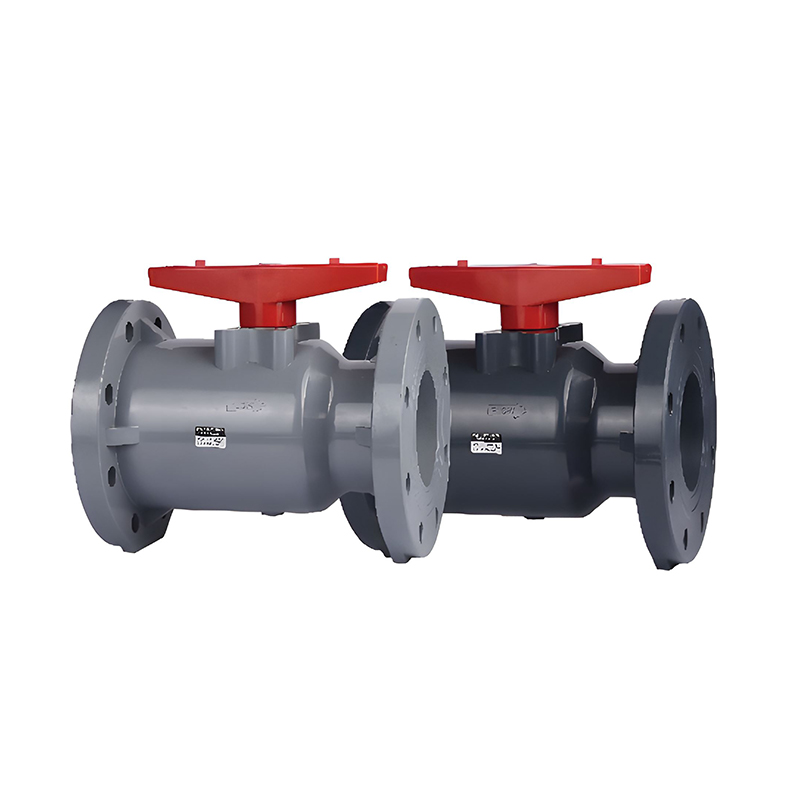
One-piece Flange Ball Valve


 +86-15258772971
+86-15258772971
 dinys009@163.com
dinys009@163.com

 English
English 한국어
한국어 Español
Español عربى
عربى


